The right tagline or advertising slogan is crucial for a brand’s identity. Due to the nature of Chinese language, ad slogans in China are often multi-layered and effective marketing tools. What’s on Weibo gives an overview of ten clever and popular Chinese (translated) marketing slogans.
According to the 1958 book “Creative Advertising” by Charles Whittier, “a slogan should be a statement of such merit about a product or service that is worthy of continuous repetitive advertising; is worthwhile for the public to remember; and is phrased in such a way that the public is likely to remember it”. The right slogan is vital for a brand, no matter in what language or culture.
In Chinese marketing slogans have a double layer due to the nature of Chinese language, where not only the right sound, but also the right character matters. It makes slogans and catchphrases extra effective marketing tools.
For international brands taking on the Chinese market, translating their English slogan into Chinese is not just a matter of translation – it is a whole different ballgame that calls for a good copywriter. When companies are not serious about multicultural copywriting, their slogans will end up lost in translation.
Pepsi and KFC previously made blunders in China when Pepsi’s “Come alive with the Pepsi generation” tagline was translated into “Pepsi brings your ancestors back from the grave”, and when KFC’s “Finger-lickin’ good” became “Eat your fingers off.”According to marketing expert Rachel Chilson, the very nature of slogans makes them challenging to translate, especially because slogans are very creative, and often play on cultural idioms and puns.
Here is an overview of Chinese slogans, of both Chinese brands (the first 6) and international brands, that have done it right in China.
#1 “Reaching out from the heart”
“沟通从心开始” Gōutōng cóng xīn kāishǐ (China Mobile)
China Mobile is China’s leading mobile service provider. Their Chinese slogan ‘沟通从心开始’ literally translates as ‘Connecting starts from the heart’, and is officially translated as ‘reaching out from the heart’, personalizing the brand. This brand message is similar to that of Nokia, that ‘connects people’.

#2 “Anytime, anywhere, share what’s happening around you”
“随时随地分享身边的新鲜事儿” Suíshí suídì fēnxiǎng shēnbiān de xīnxiān shì er (Sina Weibo)
With 13 characters, Weibo’s tagline is not very short, but it is very clear and straightforward that literally tells people: “No matter what time, no matter what place, share the fresh things around you.” It emphasizes that China’s biggest social platform Sina Weibo is all about sharing new content and being mobile.
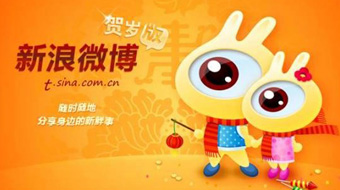
#3 “Baidu it, then you know”
“百度一下,你就知道” Bǎidù yīxià, nǐ jiù zhīdào (Baidu)
With this slogan, Baidu, China’s largest search engine and browser, puts itself next to its western counterpart Google by making ‘Baidu it’ (Bǎidù yīxià) almost like a verb, just as to Google something has become a verb.

#4 “The whole world is watching”
“世界都在看” Shìjiè dōu zài kàn (Youku)
There are quite some Chinese brands that have ‘China’s best…’ or ‘China’s first…’ in their slogans, but China’s leading video platform Youku takes it to the next level: it is not just that China is watching Youku, the whole world is!
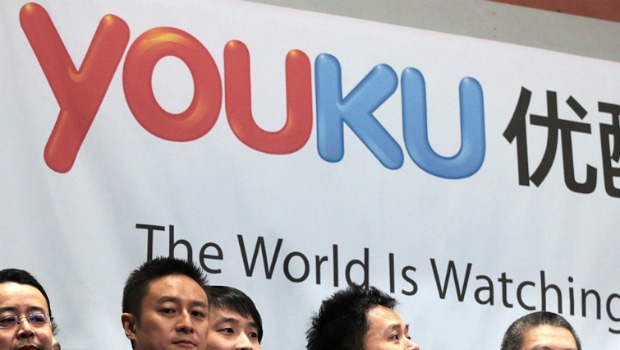
#5 “A man’s world”
“男人的世界” Nánrén de shìjiè (Goldlion 金利来)
Chinese men’s wear brand Goldlion has used the same slogan ever since the company started in 1970s. It’s a simple and short tagline, that basically states that Goldline is all about what men need.
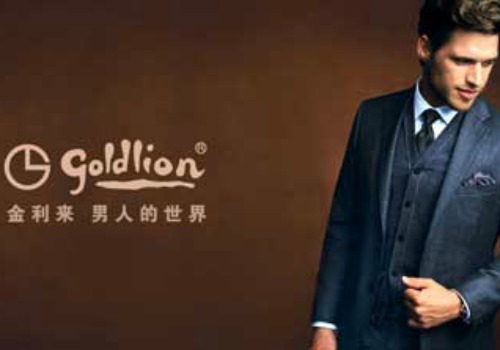
#6 “Let the world connect”
“让世界一起联想” Ràng shìjiè yīqǐ liánxiǎng (Lenovo 联想)
The Chinese multinational Lenovo is actually called ‘Liánxiǎng’ (联想) in Chinese, which means ‘to associate’ or ‘to connect in one’s mind’. The slogan “let the world connect” in Chinese has a double meaning, as it also says “let the world Lenovo”. In English, Lenovo has two well-known slogans, of which one is “For those who do” and the other one is “New World. New Thinking”.
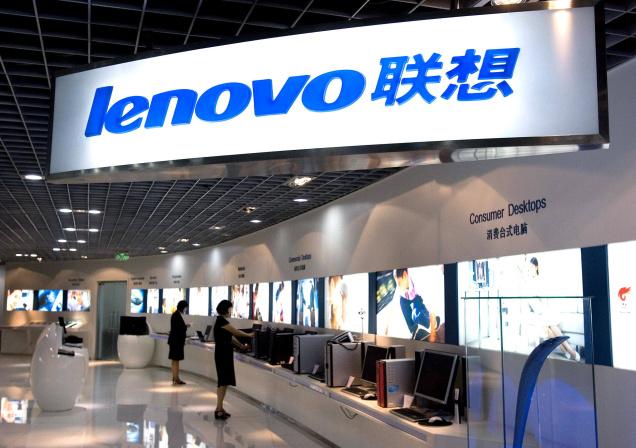
#7 “I’m Loving It”
“我就喜欢” Wǒ jiù xǐhuān (McDonald’s)
The worldwide English slogan of McDonald’s roughly translates to ‘I just like it’ (wǒ jiù xǐhuān) in Chinese. According to some critics, this is not a proper translation, as the ‘just’ (就) could be seen as having a negative sound, as if someone just accused you of eating garbage, and then responding: “But I just like it”, or: I like it no matter what you say!

#8 “Because You’re Worth It”
“你值得拥有” Nǐ zhídé yǒngyǒu (L’Oréal)
The famous tagline of beauty brand L’Oréal ‘because you’re worth it’ literally translates as ‘you deserve to have it’ in Chinese. The slogan has become famous in China, where the sentence even has its own Baidu ‘wiki’ page.
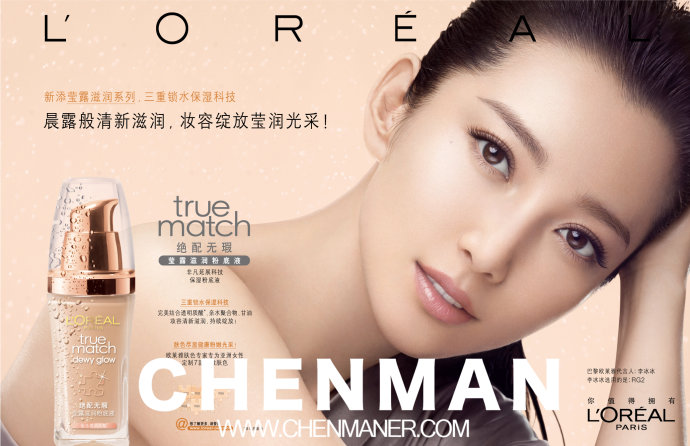
#9 “Maybe she’s born with it, Maybe it’s Maybelline”
“美来自内心,美来自美宝莲” Měi láizì nèixīn, měi láizì Měibǎolián (Maybelline)
The American Maybelline cosmetics have a smart slogan translation in Chinese, where their tagline has multiple layers in meaning. Literally it translates as “Beauty comes from within, beauty comes from Maybelline”, but what makes it so appealing is that the word/character for ‘beauty’ (美) is repeated three times. The Chinese translation for ‘Maybelline’ is the three- character-word ‘美宝莲’ (Měi-bǎo-lián, ‘beauty’-‘treasure’-‘lotus’). In the tagline it thus says that “beauty comes from within, beauty comes from ‘beauty-treasure-lotus'”. What makes it extra smart is that the character for beauty is also that of the ‘United States’ (美国 Měiguó) – where the Maybelline brand comes from, and that it sounds similar to the ‘May’ of the English ‘Maybe’.
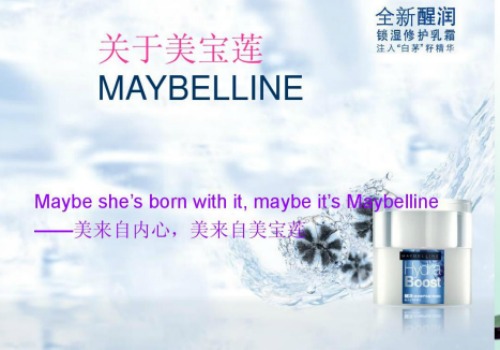
#10 “Have It Your Way”
“我选我味” Wǒ xuǎn wǒ wèi (Burger King)
Wǒ xuǎn wǒ wèi brilliantly translates ‘have it your way’ as ‘I choose my taste’. The translation sounds good in Chinese for multiple reasons. Firstly, it has four characters, corresponding to the four words in the English. Second, the ‘wèi’ in ‘I choose my taste’ actually means ‘taste’, but in sound and pronunciation corresponds to ‘way’ in English. Lastly, it has a repetition of ‘I’ in the Chinese 我选我味 (literally “I choose I taste”), that is playful and emphasises the idea that it’s all about what you want at Burger King.
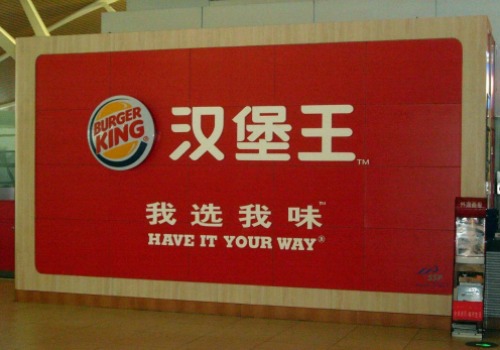
Translation of Chinese-to-English slogans are author’s own.
Want to add another slogan? Leave a comment or tweet it to @whatsonweibo.
– By Manya Koetse
©2016 Whatsonweibo. All rights reserved. Do not reproduce our content without permission – you can contact us at info@whatsonweibo.com.
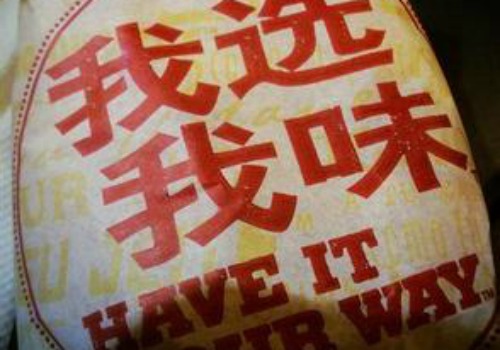

 China Insight2 months ago
China Insight2 months ago
 China Arts & Entertainment3 months ago
China Arts & Entertainment3 months ago
 China Arts & Entertainment3 weeks ago
China Arts & Entertainment3 weeks ago
 China Media2 months ago
China Media2 months ago













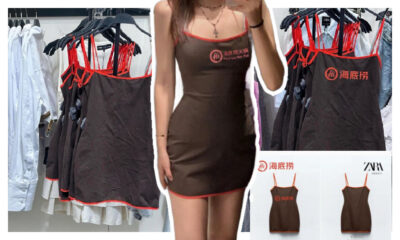

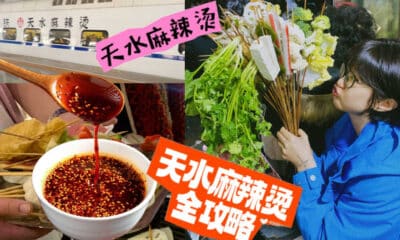





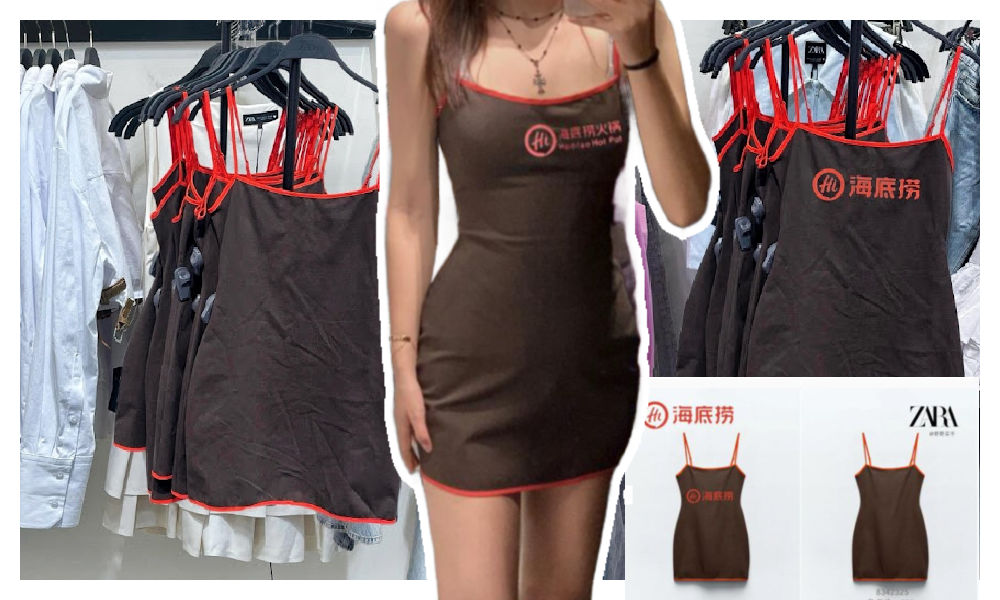
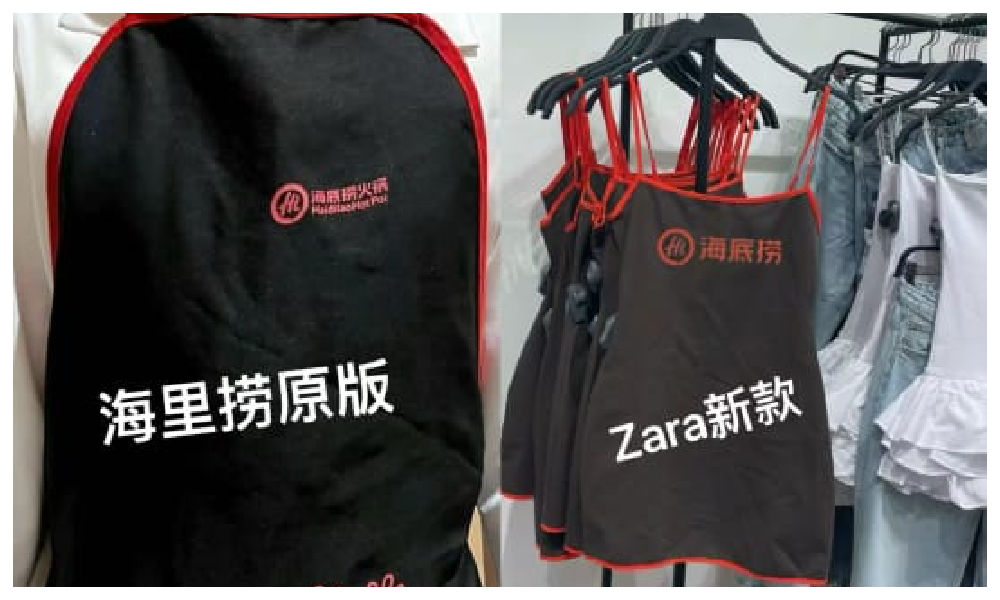

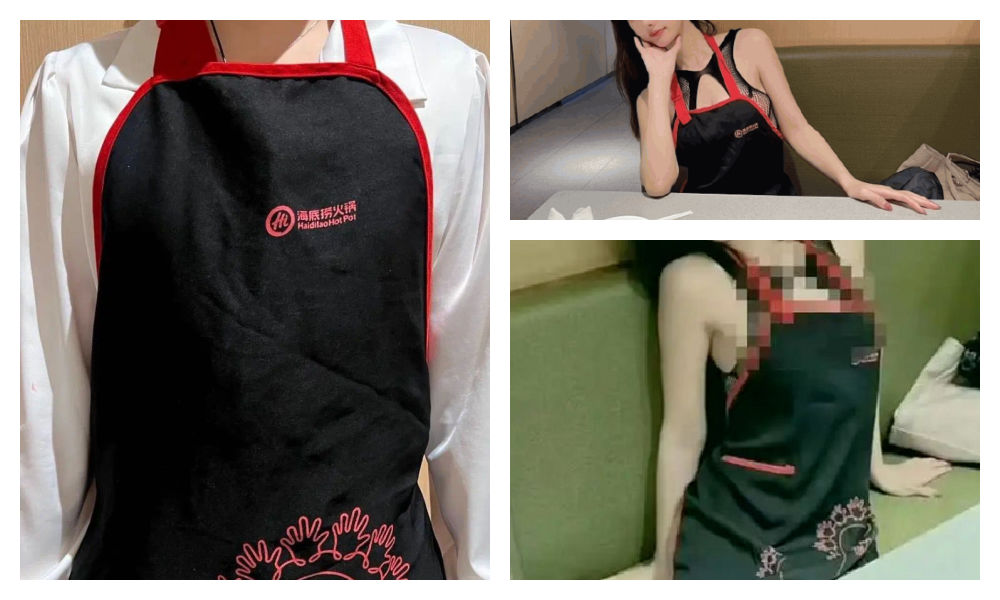

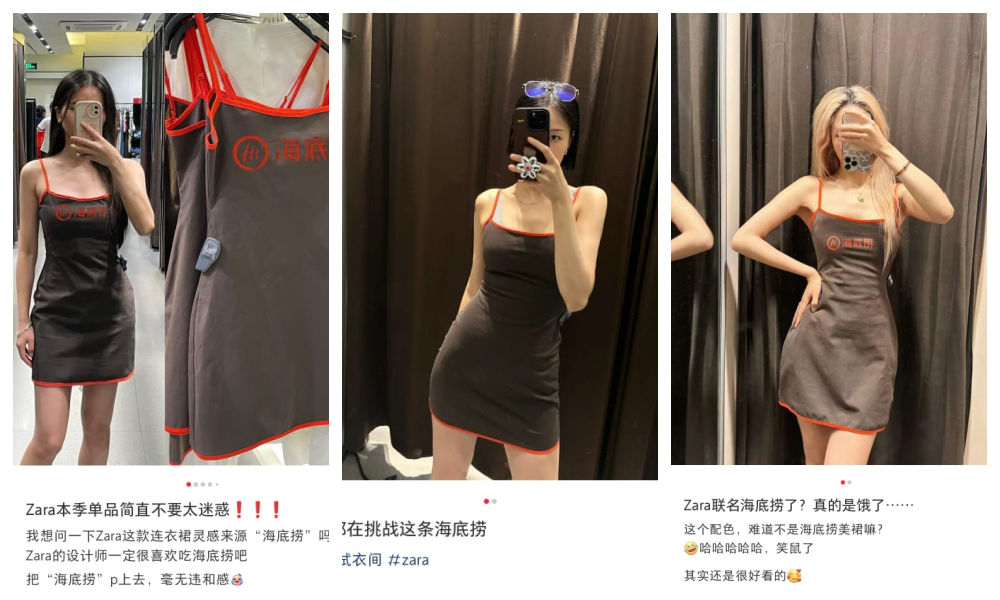







Diandian GUO
March 29, 2016 at 9:12 am
I like the translated name of Midea: Mei Di (美的). It is so smart to use the polyphony here. ‘的’ when pronounced “di” correspond to /dea/. But when read in character, “的” is more commonly read as “de”, then the name means “beautiful”.
Another slogan I used to like was one for Panpan security doors. They will have a small panda holding a key (or something the like), beside which is the slogan: Panpan comes home, a safe house and a smooth career. (盼盼到家,安居乐业)
Translating iPhone as AiFeng (爱疯,unofficial)is simply scandalous…